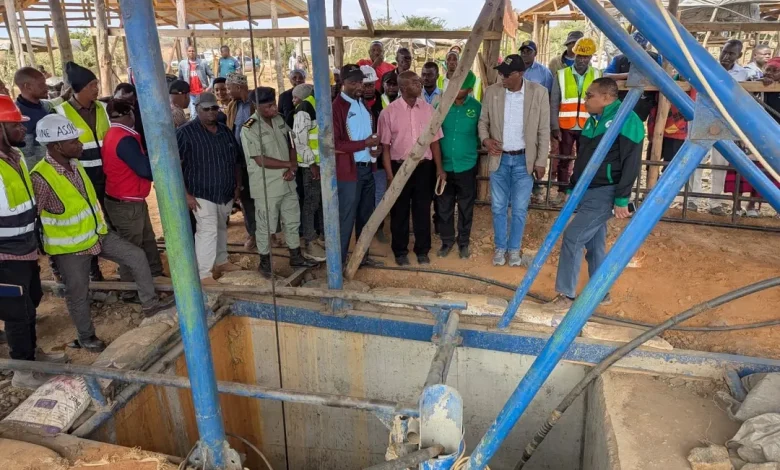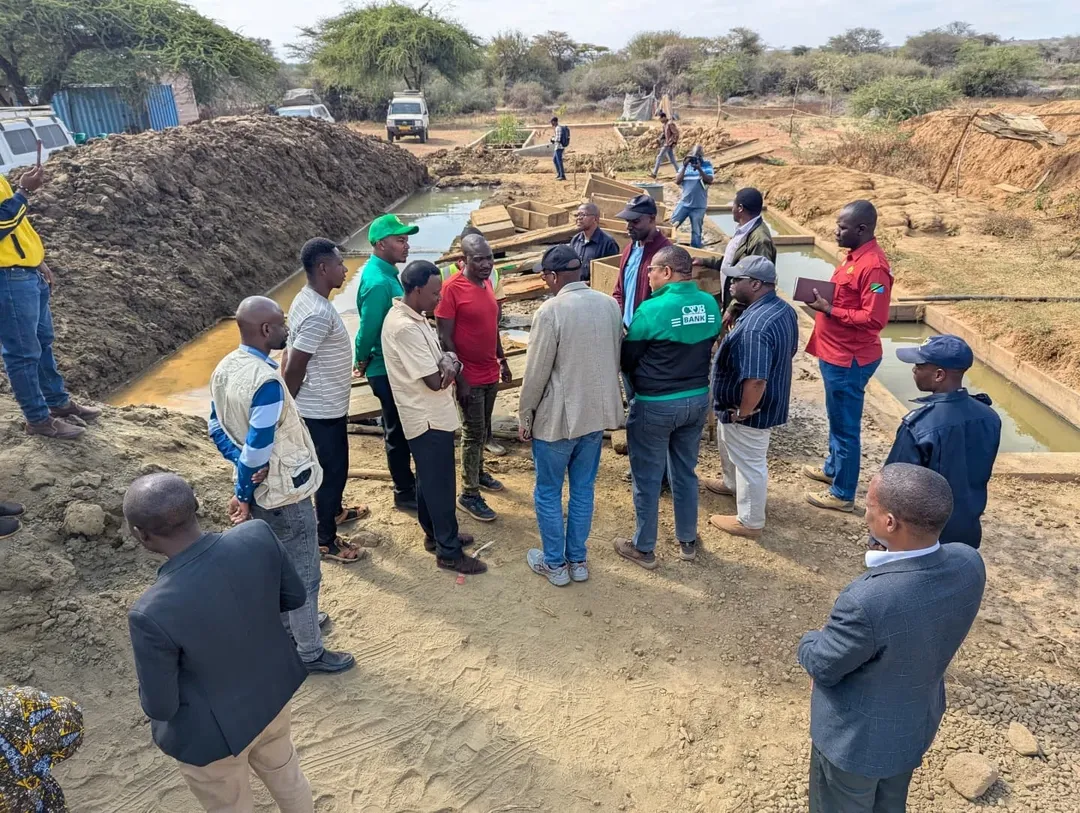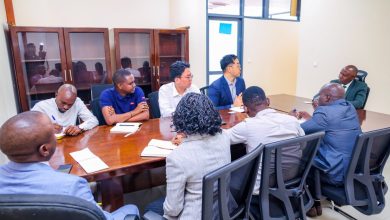Tanzania orders small-scale miners to fully understand the Mining Act 123

SINGIDA: THE Deputy Minister of Minerals, Dr. Steven Kiruswa, has called on small-scale miners across the country to thoroughly understand the Mining Act, Chapter 123, and its accompanying regulations to reduce conflicts at mining sites that hinder the sector’s development.
Dr. Kiruswa made the remarks during his visit to Ikungi District in Singida Region, where he inspected mining and mineral processing activities and addressed disputes at mining areas in Matongo and Mang’onyi Wards.
Tanzania’s Mining Act, Chapter 123, is the primary legislation governing the mining sector in Tanzania that covers various aspects of mining, including prospecting, mining operations, mineral processing, and trading. The Act also addresses the granting, renewal, and termination of mineral rights.
ALSO READ: Small-scale miners get equipment, financing boost
He stated that research has shown that one of the leading causes of conflicts in mining areas is the lack of awareness of the Mining Act and its regulations among small-scale miners. Some miners operate or hold mining licenses without understanding the legal foundations. As a solution, he directed experts from the Singida Resident Mines Office to provide continuous legal education to the miners.
Dr. Kiruswa also emphasized the importance of miners understanding other critical frameworks such as the Corporate Social Responsibility (CSR) program and the Local Content Plan, saying that this knowledge helps license holders to recognize their obligations in contributing to the development of surrounding communities.
Speaking on the challenges facing miners in Matongo Ward, Dr. Kiruswa acknowledged the government is aware of issues such as poor road infrastructure, electricity shortages, and lack of clean water. He assured the miners that these issues would be prioritized in the 2025/2026 financial year budget to improve mining conditions.

On his part, Ikungi District Commissioner Thomas Apson stated that the district has made significant progress in reducing conflicts among small-scale miners, particularly those involving land disputes, licensing, and excavation zones in surrounding wards.
DC Apson also commended the Ministry of Minerals for its ongoing efforts in reforming operational systems and promoting sector-wide collaboration. He noted that these reforms are already producing positive economic outcomes in the region.




